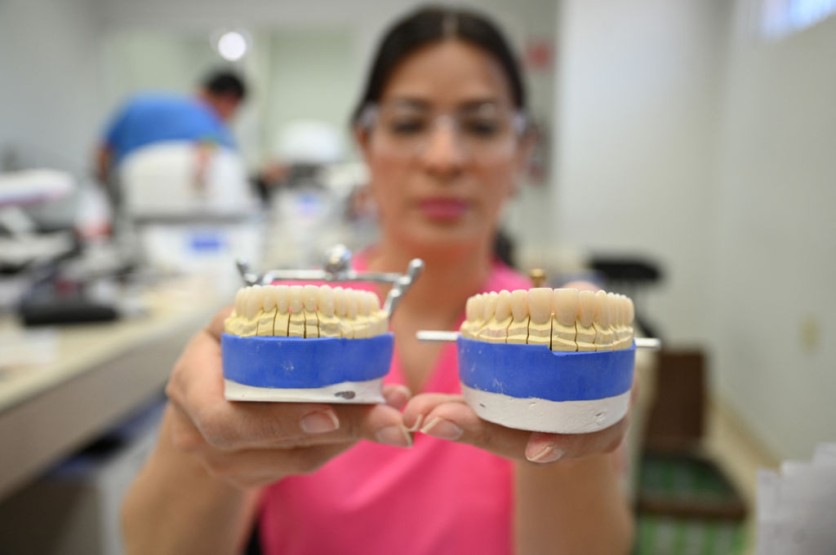A new study showed that the state of your dental health may be linked to the wellness of your brain. The shrinkage of the hippocampus, which is the part of the brain that controls a person's memory and learning ability, reportedly occurs in people with gum infections or those who suffer tooth loss.

New Study Shows Dental Problems May Cause Alzheimer's Disease
The study from Tohoku University in Japan suggested that tooth and gum problems may cause hippocampus shrinkage, which plays a role in developing dementia and Alzheimer's disease.
According to Interesting Engineering, this conclusion was derived from a comprehensive experiment for more than four years, encompassing 172 participants with 67 as its median age.
According to the researchers, the study aims to "clarify a longitudinal association between the number of teeth present and hippocampal atrophy dependent on the severity of periodontitis" in a late middle-aged and older adult population.
Periodontitis is a gum disease that damages the soft tissues that hold your teeth.
Four Years in the Making
While Tohoku University is not the first to highlight this connection, the current study showed how a particular part of the brain is affected due to dental health problems.
The researchers conducted an experiment to illustrate this correlation, in which they examined the number of teeth, periodontal probing depth, and hippocampal volume of the participants. Before the study started, all participants underwent a series of dental and brain checkups, and none had dementia.
But after four years, researchers noticed that some participants developed mild gum infections while others faced severe gum diseases. The hippocampus volume of both such participants was also discovered to have reduced.
The study also showed participants with mild infections and fewer teeth and those with severe gum diseases, but more teeth experienced the fastest left hippocampus region shrinking.
Tohoku University study author and professor Satoshi Yamaguchi said, "The findings suggest that retaining teeth with severe gum disease is associated with brain atrophy. Controlling the progression of gum disease through regular dental visits is crucial, and teeth with severe gum disease may need to be extracted and replaced with appropriate prosthetic devices," as Fox News reported.
Tooth Loss Equals to Brain Aging
For each participant, EurekAlert! reported that the researchers assessed the number of teeth and examined the periodontal probing depth to determine the presence of gum disease.
The periodontal probing depth is a measurement of the gum tissue, with readings within the range of one to three millimeters considered indicative of good gum health.
Researchers found that in mild gum disease, one less or one more tooth equaled almost a year of brain aging, while for those with severe gum disease was equivalent to one year and three months.
Among the organization who supported this study are the Japanese Ministry of Education, Culture, Sports, Science, and Technology; Takeda Pharmaceutical; Health Care Science Institute; Japan Arteriosclerosis Prevention Fund; Teikyo University; Pfizer Japan; Bayer Yakuhin; Chugai Pharmaceutical; Daiichi Sankyo; Astellas Pharma, Health Science Center; Japanese Ministry of Health, Labor, and Welfare; Keio University; and Takeda Science Foundation.
Related Article : AI-Powered Tool Shows Promise in Detecting Dementia and Alzheimer's

ⓒ 2026 TECHTIMES.com All rights reserved. Do not reproduce without permission.




